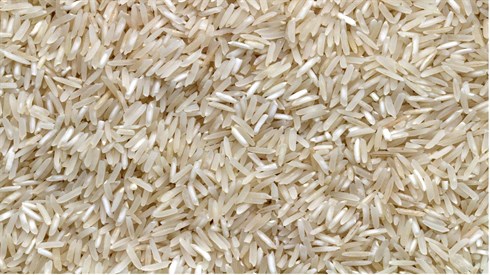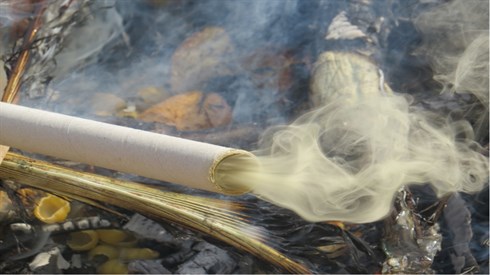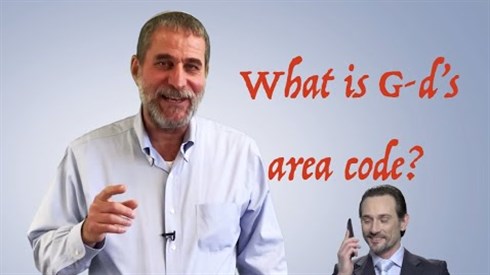parshat Lech Lecha
Text size
Avraham feared that the nation of Israel would sin and thereby lose the Land of Israel, so he asked, "Whereby shall I know?" How can I know that the Nation of Israel will merit having the land of Israel?
-
 Four Dimensions of the Journey
Four Dimensions of the Journey
The multi-layered command "Lech lecha – go forth" contains the seeds of Abraham’s ultimate vocation. The complete lesson Next lesson >> -
 “The Canaanites Were Then in the Land”
“The Canaanites Were Then in the Land”
Hashem’s command to Avraham with which our parashah begins is listed as one of the ten tests that Avraham was asked to pass (Avot 5:3), and some say that it even included two tests (Avot D’Rabbi Natan 33). We will try to explain the difficulty of the task, which made it so highly regarded. The first sub-section of the parashah ends as follows: “Avram passed through the Land to the place of Shechem, to Elon Moreh, and the Canaanites were then in the Land” (Bereishit 12:6). Why is it significant that the Canaanites were in the Land at this time, and why does the Torah stress the word “then”? -
 A Chinuch Primer
A Chinuch Primer
In parshas Lech Lecha, the Torah (Bereishis 14:14) refers to the chanichav, the people trained by Avraham Avinu to believe in Hashem and observe His mitzvos. -
 Not a Place to Worry about Time
Not a Place to Worry about Time
Our parasha opens with a description of Avraham’s “aliya” – “… and Avram was 75 years-old when he left Charan” (Bereishit 12:4). Despite this pasuk, Chazal had no problem in positing that the Brit Bein Habetarim, which appears in the Torah three perakim later, took place when Avraham was 70 years-old (i.e., five years earlier). One cannot even explain that that brit took place when Avraham was in Charan or Ur Kasdim because the p’sukim hint three times that it was done in the Land that would be given to Avraham and his descendants as an inheritance (see Bereishit 15: 7,16,18).
Keep Reading...
<
65432
>














